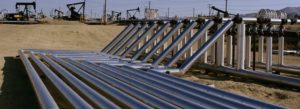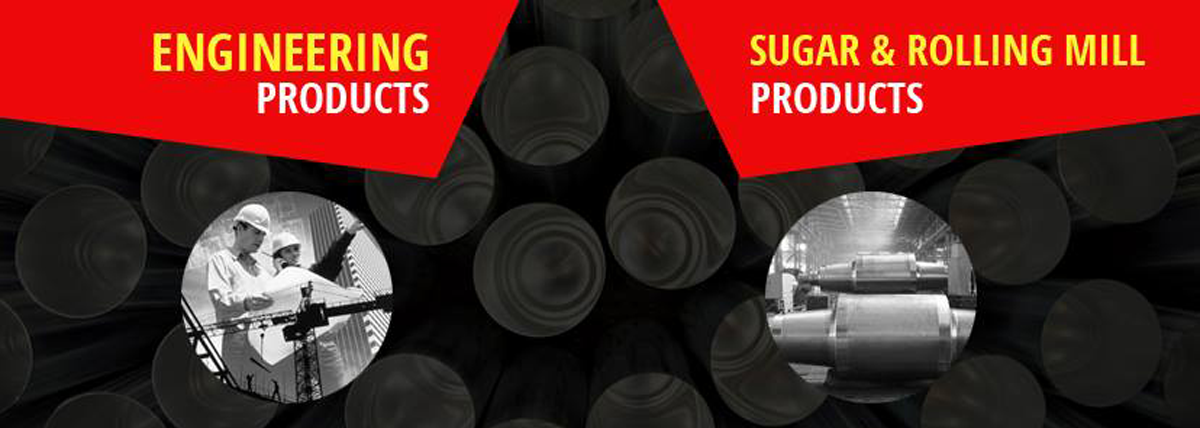
Oil and gas industry is one of the crucial industrial sectors for any country. Companies within this sector have to ensure that safety standards of highest levels are followed in the industry. One of the areas where attention has to be given is the pipeline integrity. Pipelines form the core of this business and leaving any defects or weaknesses unchecked can prove catastrophic. Two main services which check for flaws are the NDT services or API Inspection services.
NDT Services
NDT stands for non-destructive testing and here the defects in materials are detected and apprised in a non-destructive manner. These services are classified into the conventional or the advanced category. Conventional services comprise ultrasonic testing, radiography testing, penetrant testing etc while the advanced services comprise remote visual inspection, magnetic flux leakage, UT crawler, eddy current etc.
API Inspection Services
API stands for American Petroleum Institute which developed global standards in the oil and gas industry. The aim of these standards is to raise the efficiency and cost effectiveness of business operations in this industrial sector and to ensure compliance of industry regulations and laws. It samples the pipelines at its most vulnerable spots so as to ascertain the maximum degree of degradation if at all it exists. It includes scope of inspection, standardized repair methods and inspection and maintenance programs under its purview. Pressure vessel, above ground storage tank and piping checks are some of the services which comprise this category. Inspection services are vital for ensuring the safe functioning of pipelines within the oil and gas industry.
Pipeline Specification Standards
The API SPEC 5L specs lay down the standards for pipelines that will be used to transport water, gas and oil in the natural oil and gas industries. These specs include the standards for welded and seamless steel line pipe. These can be threaded-end, belled-end, plain-end and through the flowline pipe. The pre-requisites for API 5L Gr X52 grade pipes are stricter; rework is not permitted and rolled grades not allowable. Specifications for API 5L Gr B pipes comply with International Organization for Standardisation ISO 3183, that standardizes transportation systems through pipelines within the equipment, materials and offshore structures for petroleum, petrochemical and natural gas industries. PSL 1 and PSL 2 form the two Product Specifications Levels wherein the former refers to standard quality for line pipe while the latter states extra mechanical, chemical and testing requirements. ‘A’, ‘B’, ‘X’ and ‘A25’ are some of the grades covered under this specification.
The API 5L standard specified line pipes are preferred in transportation of water, gas and oil due to their inexpensiveness. Many reputed manufacturers are involved in the production of high frequency electric weld line pipe and other standard products. Stainless steel plate’s suppliers, alloy steel round bars suppliers will be able to give good references of these manufacturers or you can also get their names from the yellow pages. It is essential to know the end use and required method of fabrication of the pipe so that you can obtain the appropriate pipe grade, material specification or special need, API 5L product service level and so on.

